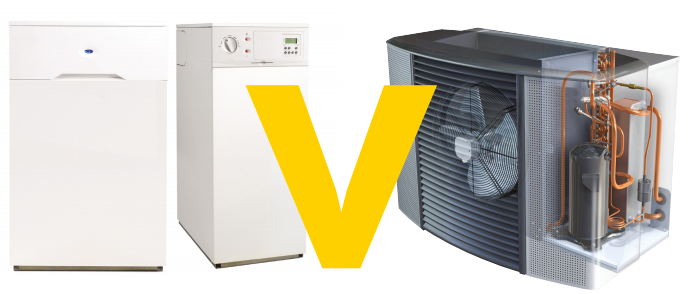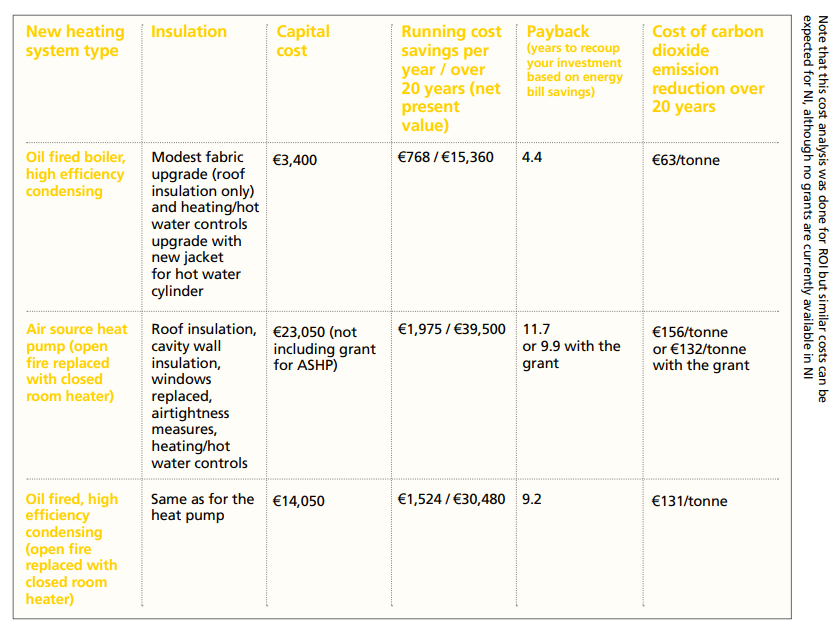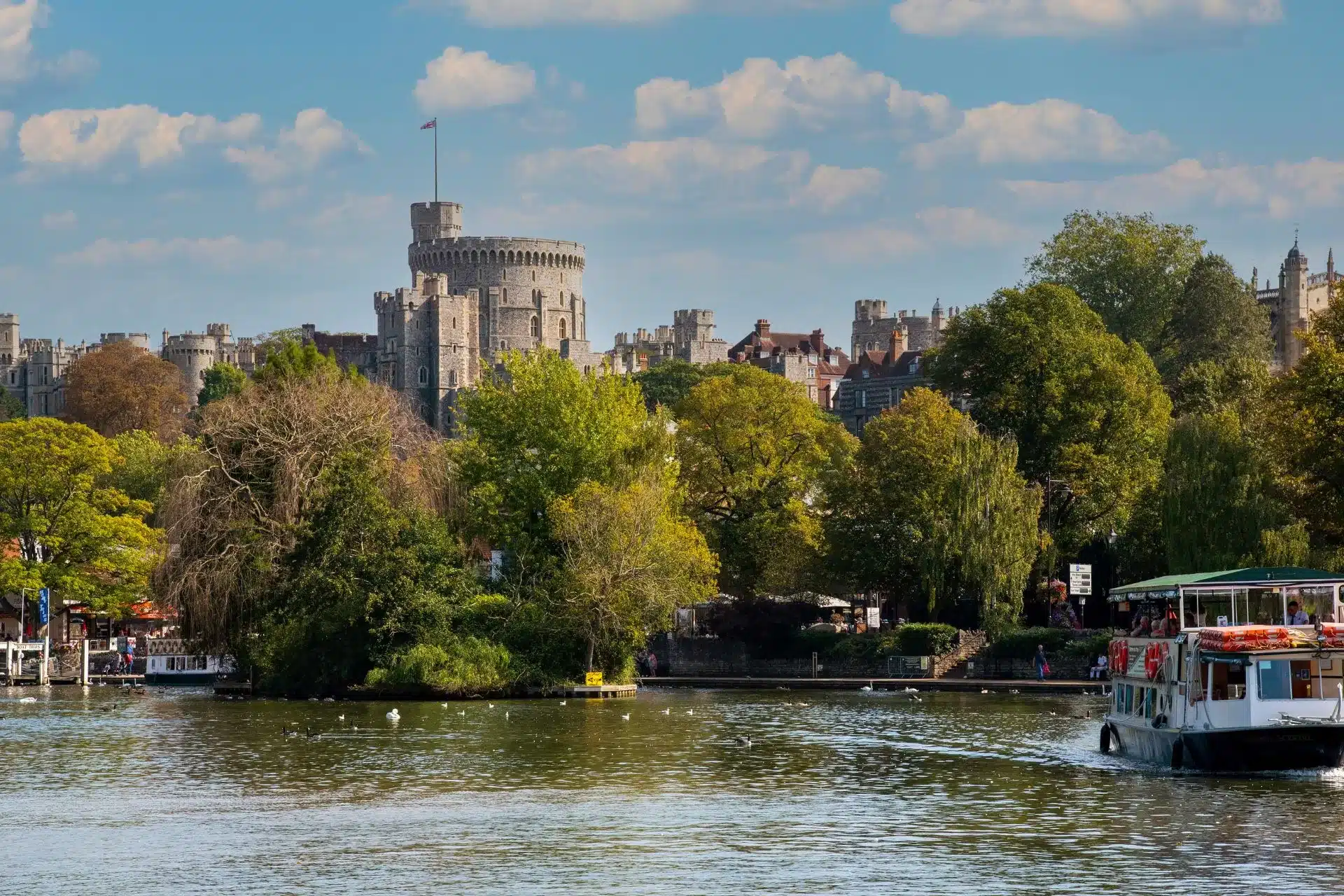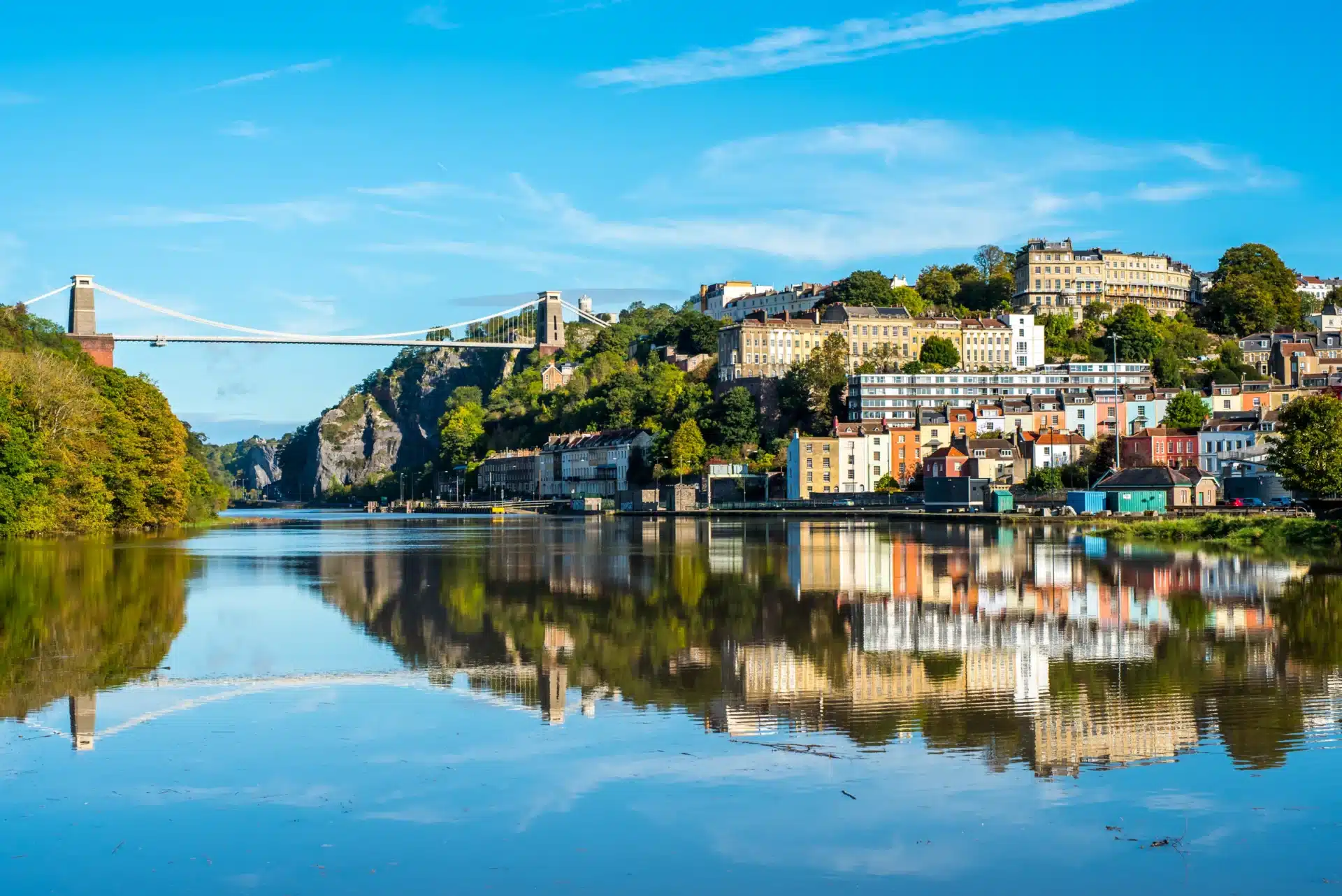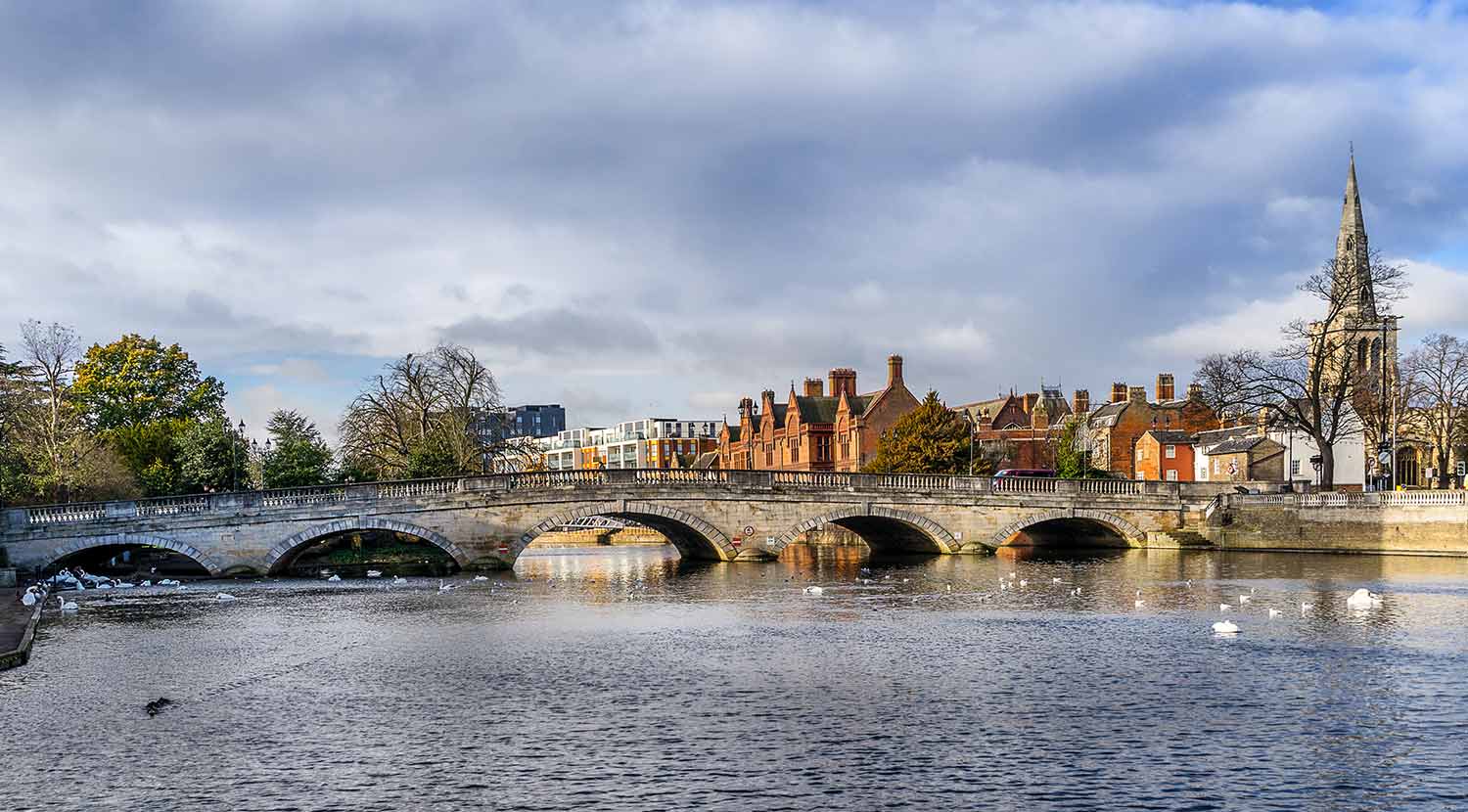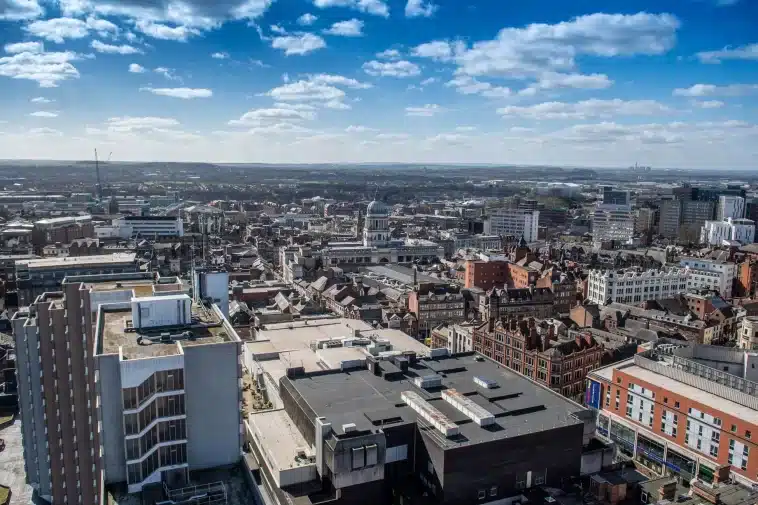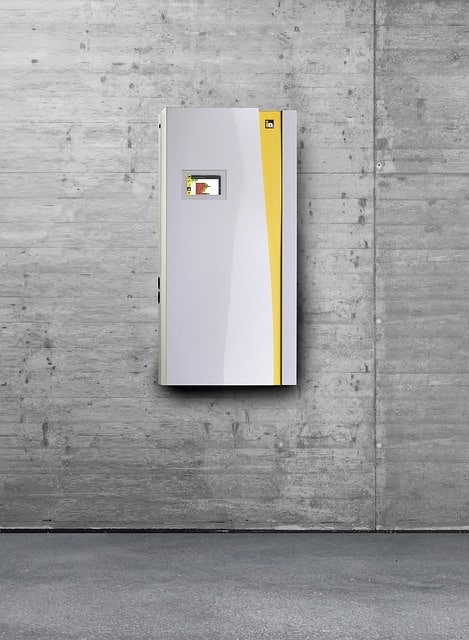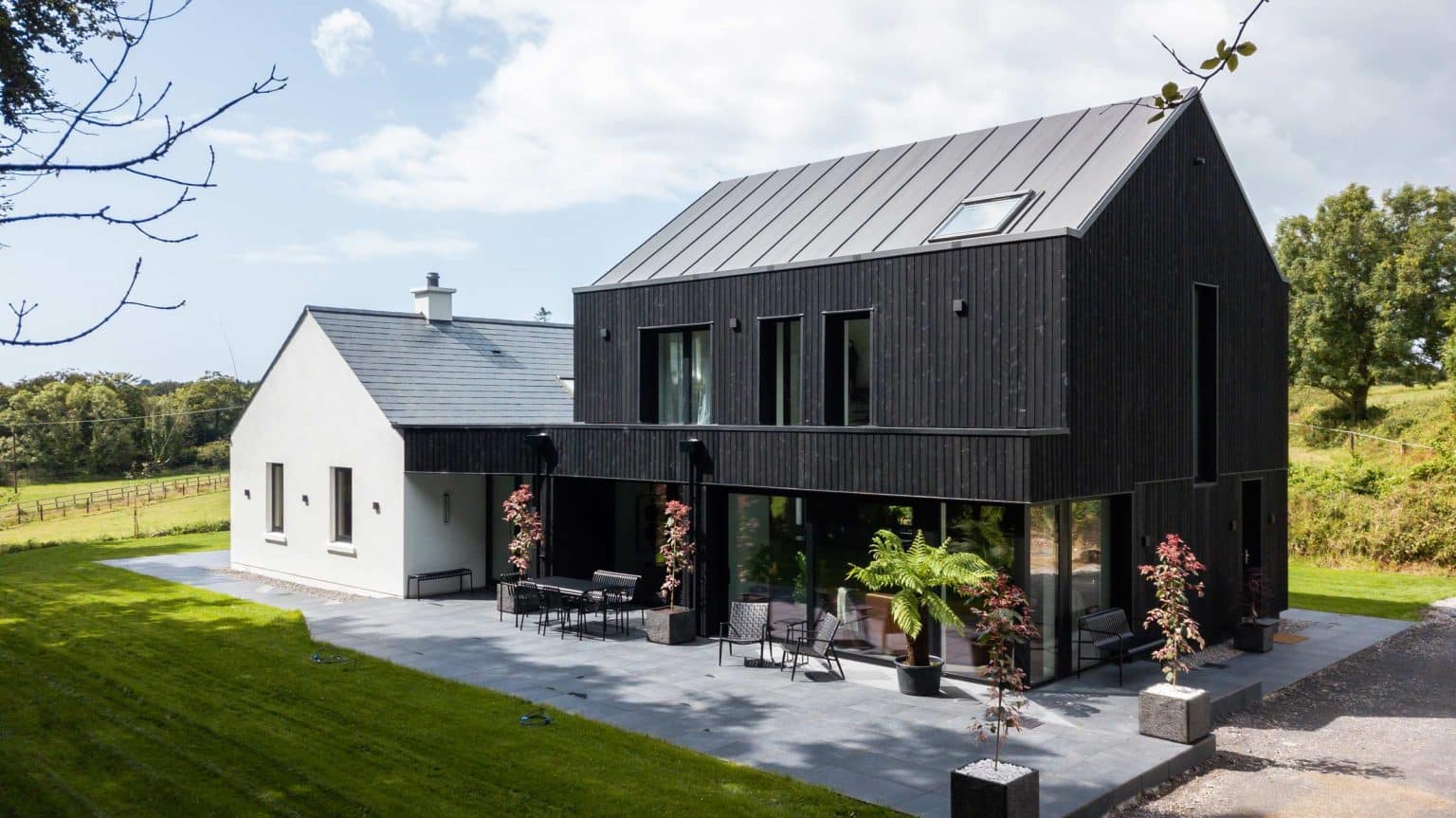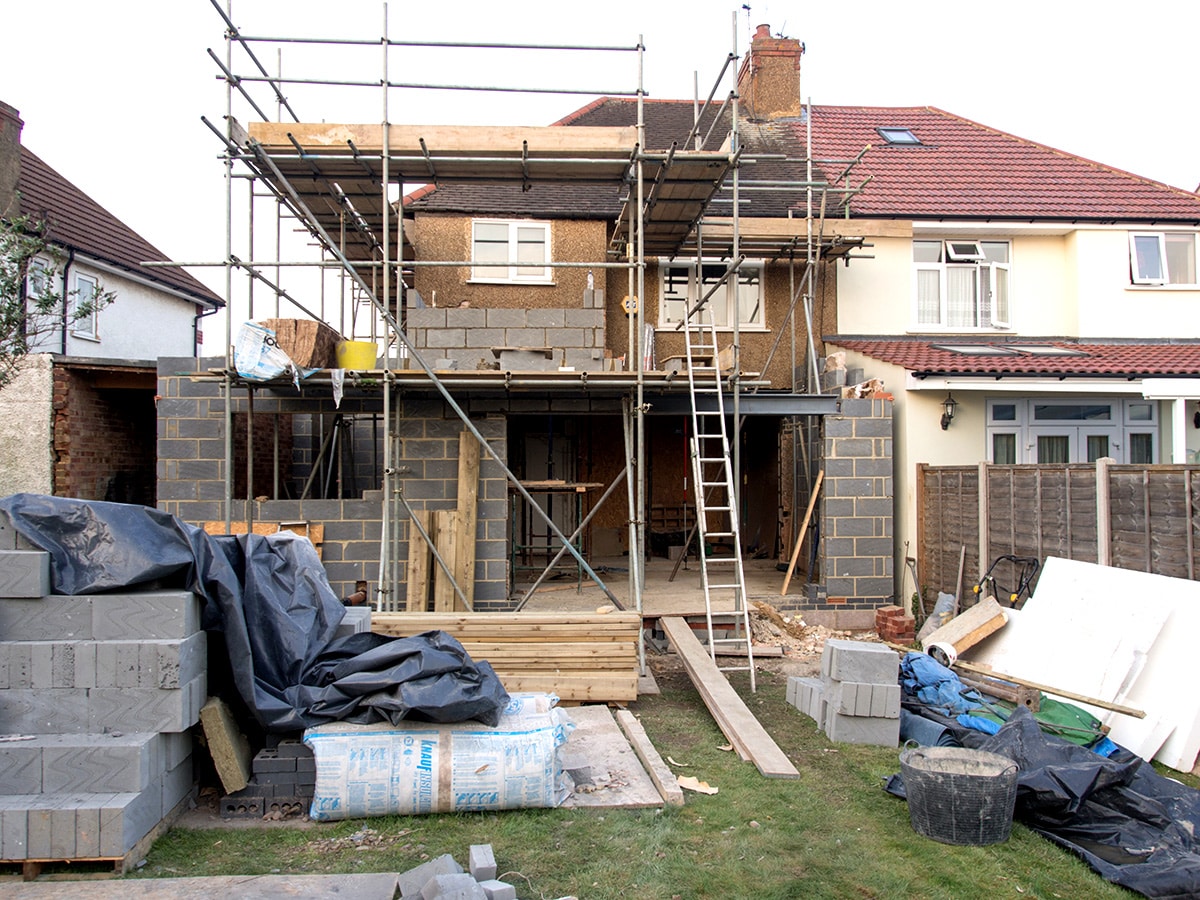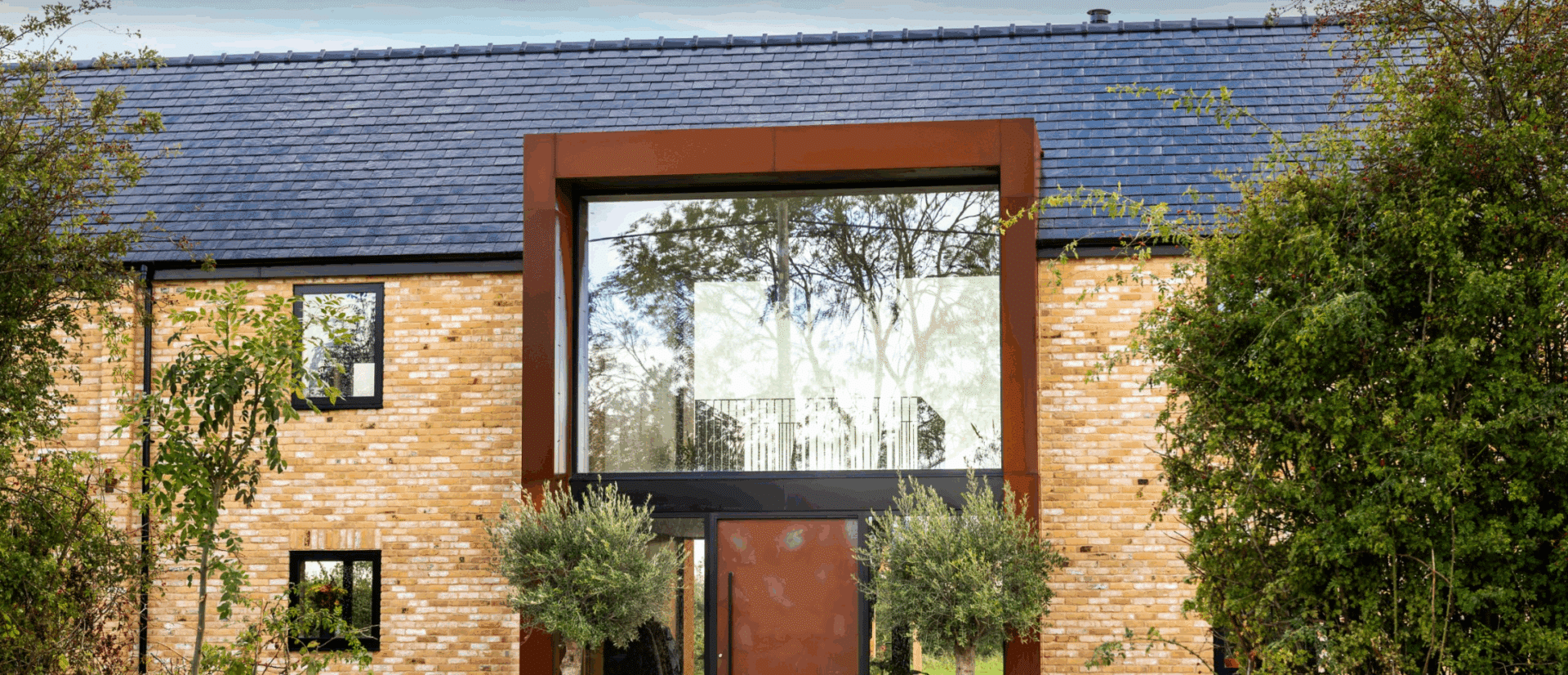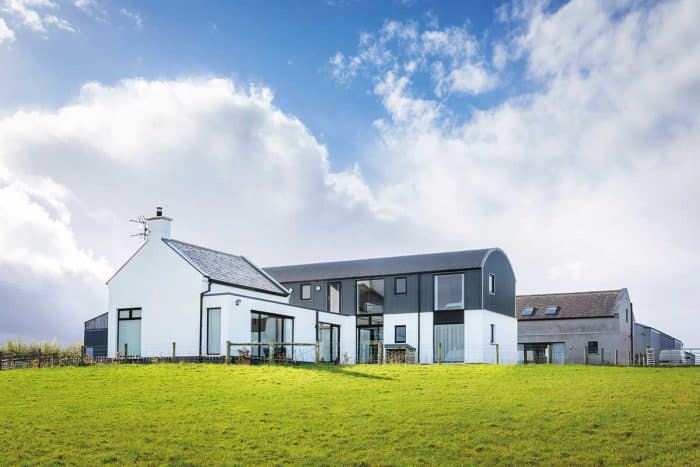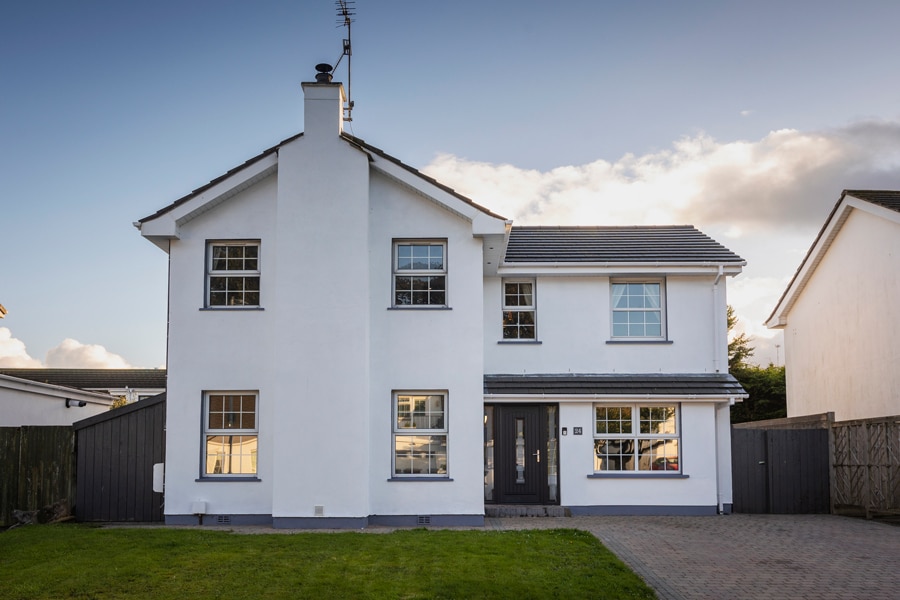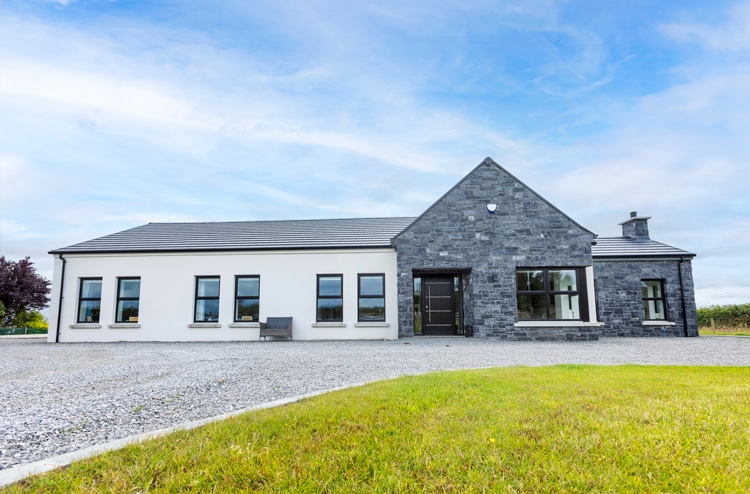Making your home cheaper to run this coming winter is likely to be on your radar and if so, chances are you’ve been thinking about replacing your boiler with a heat pump.
[adrotate banner=”66″]
In this article we cover:
- Home energy upgrade choices
- Capital cost of boiler versus heat pump taking into account grants
- Technical comparison of boiler versus heat pump
- SEAI’s view on the benefits of a heat pump upgrade from comfort to property valuations
The first question to ask is whether an insulation upgrade alone, which you would need to do anyway before you change your heating system, would be more cost effective.
Secondly would replacing your existing boiler with a new condensing oil or gas fired model be more cost effective than a heat pump over the lifetime of the appliance.
Cost of boiler versus heat pump
Administered by the ROI Sustainable Energy Authority of Ireland (SEAI), the Better Homes scheme offers homes that were built before 2011 a grant of €3,500 to install air to water, ground to water, exhaust air to water and water to water heat pumps and €600 for air to air heat pumps (which involve far less capital expense).
The grant also contributes €200 towards the cost of an energy assessment, a pre-requisite for funding, carried out by an SEAI registered technical advisor, who will advise on measures to reduce the heat loss of the dwelling to 2W/K/sqm – also a pre-requisite.
Typically this will involve fabric insulation and airtightness measures. Indeed the scheme documentation warns that “uninsulated homes built more than 30 years ago may require substantial and costly upgrades to qualify” for the grant.
Note that grant amounts have increased since this article was written.
Before its much publicised suspension, the Northern Ireland Domestic Renewable Heat Incentive provided an upfront payment of £1,700 for an air source heat pump and £3,500 for ground source, with ongoing payments of 3.84p/kWh and 9.00p/kWh respectively. It remains to be seen whether the scheme will be revived or replaced with anything similar.
The SEAI’s view
Depending on the age of the building a heat pump could be an ideal solution for reducing energy bills, writes Tom Halpin.
Houses built between the 1990s up to 2011, and those who have already installed wall insulation, may be eligible for the SEAI grant with minimum or no upgrade at all. Using the BER database, SEAI estimates there are approximately 350,000 such houses, meaning the homeowner would just incur the capital cost of retrofitting the heat pump.
And if you’re already committed to a major renovation of an older property, consider that fabric improvements will be part and parcel of the renovation representing no or low incremental cost (sunk cost). Other reasons to choose a heat pump include:
Comfort Research tells us that comfort is the number one reason people upgrade the energy efficiency of their home. By investing in a complete insulation upgrade, taking into account that it needs to be done right, then your home will be considerably more comfortable than one where just the roof is insulated. If the house is airtight and has a mechanical ventilation system that’s correctly set and maintained, it will be more comfortable than one that’s naturally ventilated with holes in the wall or vents in windows. Plus it will be healthier for the occupants.
Carbon taxes Environmental considerations are also important, particularly when you’re making a decision for 20 years and risk being locked into oil or gas. As carbon taxes eventually rise, as signalled in the Government’s Climate Action Plan, then carbon emissions will increasingly be part of our decision making.
A related point is that the carbon intensity of our electricity has more than halved in the past twenty years and, as per the Climate Action Plan, the ambition is to deliver 70 per cent of our electricity needs from renewables by 2030. Choosing a heat pump now is a way to future proof the home and play a part in Ireland’s clean energy transition.
Property valuation Last but not least, a 2016 study by the Economic and Social Research Institute on Dublin properties indicates that increasing the energy rating by one increment, from B1 to A3 for example, leads to a 1 per cent increase in list price.
For the most part the insulation upgrades are what will get you a better energy rating, the heat pump will then nudge you up maybe two or even more notches on the BER scale.
Assuming the house is modestly valued at €200,000 then an increase in energy rating from E2 to A3, will add roughly €20,000 to the valuation. It may be less than the cost of the heat pump and deep retrofit option but it helps the sums nonetheless.
And as the market becomes more aware, the list price for a house with a better energy rating is likely to increase with time.
[adrotate banner=”59″]
Comparison of boiler versus heat pump
Let’s take a base-case 150 sqm dwelling, a 1970s detached bungalow such as is commonly found in rural Ireland and which presumably is one of the key dwelling types targeted by the grant-aiding programme.
I used energy rating software to find out how much energy a house like that would consume; to calculate annual heating costs I multiplied the space heating load by the current fuel unit costs for electricity and oil. The current fuel prices are 16c/kWh for electricity and 7.5c/kWh for oil.
I then applied carbon dioxide emission factors for grid electricity (0.483 kgCO2/ kWh) and heating oil (0.264 kgCO2/ kWh) to give a total annual CO2 emission profile. All of the data comes from SEAI publications.
The heat pump scenario required extensive fabric enhancement, this is to make sure the low temperature system works as efficiently as possible. Comfort temperatures were taken into account in the energy software.
We are replacing the windows with low-e coated, argon-filled triple glazing; I assumed the original 1970s windows had been replaced with double glazing around the 1990s and had a U-value about 3.3W/ sqmK, though new double glazing tends to be around the 2.8W/sqmK mark and the very best available currently are around 1.4W/sqmK. For reference, triple glazing offers overall U-values of less than 1W/sqmK and some even as low as 0.7W/sqmK.
The fabric insulation measures for the heat pump and enhanced oil option assumed fillable wall cavities. If that were not the case and external or internal wall insulation were required, the economics (and level of disruption) would be considerable. The SEAI Deep Retrofit pilot programme reported measures can cost up to €60,000 per dwelling – even after 35 per cent funding.
Verdict
By all means install a heat pump in your new, very low heat loss house; you will need a certain level of renewable energy technologies anyway in order to comply with the Building Regulations in ROI (Part L). In NI the building regulations now also require, in practice, some form of renewables although it is not technically mandatory.
If you are going to superinsulate a new build you might consider going so low energy as to not need a central heating system (boiler or heat pump), although you will still need a device to generate hot water.
But retrofitting heat pumps into existing dwellings, with all the required thermal improvements, is currently not as cost effective as replacing your boiler with an upgraded model.

